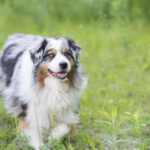Academy director Jean Donaldson and staffer Kristi Benson in conversation about their heroes: those people who have opened their eyes with the most glorious of epiphanies and motivated them to be better dog trainers and teachers.
I’m curious about your own heroes: those from within our professional domain and those who are adjacent or outside of it. I know I couldn’t ask you to pick your top, numero uno, person, but how about we start with a trifecta? Outside of dog training, who would top your list of people who have provided you with the most ah-ha moments?
Oh boy, what a fantastic topic! Here is my trifecta:
- Biologist Richard Dawkins
- Behavioral biologist Robert Sapolsky
- Author Michael Lewis
I admire Dawkins for his clarity of writing and ability to break down concepts in evolution – a critically important topic for anyone interested in understanding living organisms, and his fantastic intellectual curiosity and courage, especially in the face of the amount of hate poured on him by those threatened by his love and championing of science. When I was an undergrad, I studied comparative cognition, i.e. the various brain “tools” different species have to make a living in the world. They all could learn via operant and classical conditioning, the things we leverage in our day to day work as dog trainers, but they also all brought to the table specializations. They all had different action patterns – behaviors they got right the first time, without learning, and done very stereotypically across the species – and different skills. Some were good at solving problems without a ton of trial and error (e.g. many corvids). Some were good at imitation (e.g. many primates). Some had particular abilities to pick up specific fears. And so on. I got curious about *why* they had these specializations. And this got me on an initial dig into how evolution works, and I found my way to the popular works of Stephen Jay Gould and Richard Dawkins. Both are dazzling writers, but for me Dawkins best got across the brass tacks of evolution with his explanation of how the unit of transmission is the gene. How natural and sexual selection works and the frequent trade-offs between them. His books are quite simply amazing.
Sapolsky has an amazing ability to dart backwards and forwards between different levels of analysis. So, for instance, when we ask “why” questions about behavior, he can eloquently get into adaptive significance “why’s” a la Dawkins, and then with terrific agility jump to what’s happening at the neuro-endocrine level of analysis, the many decimal places of description of action patterns, and then weave together how all of these interact with learning in real time. Another really good big picture guy. He understands more about behavior in his little finger than I ever will in my entire life. He’s also an amazing teacher and champion of science. Pretty much a national treasure.
Michael Lewis is a super-duper gifted writer whose background is in economics. In 2003 he penned “Moneyball,” his book on how the Sabermetrics revolution got going in baseball. I’ve always been very into baseball and thought I knew something about it until I read this, and then took a deep dive into Sabermetrics. The term comes from “SABR” (the Society for American Baseball Research), which is the use of statistical analysis to understand what factors and skills matter to win baseball games, how to measure them, how to predict them, and how much they cost. What Michael Lewis did in Moneyball was make what could have been a very dry subject come to life. Not just with his narratives about the early use of it by the Oakland A’s, but in his descriptions of the concepts underlying the statistics. The subsequent movie is fine, but doesn’t come close to doing Lewis’s book justice. And there’s kiiiind of a connection to dog trainer development. Among the questions asked by SABR types are ones to do with player projections: how do we know who is going to be good at baseball, in exactly what ways, for how long and so on. These go me thinking about how to project who is going to be good at pet dog training! We do our level best here at The Academy to provide the best possible technical training in all aspects of this work, and then our level best at supporting our graduates in the day to day challenges of it, but how do we factor in what the individual brings to the table? What are the traits that will prove valuable, how do we measure them and how do we predict them? I make no claim to having the answer to this, but I ponder it endlessly.
Okay, your turn! What is your trifecta?
I admire Dawkins for his clarity of writing and ability to break down concepts in evolution – a critically important topic for anyone interested in understanding living organisms, and his fantastic intellectual curiosity and courage, especially in the face of the amount of hate poured on him by those threatened by his love and championing of science.
This really had me thinking! I think I’m more of a grazer than you when it comes to sampling the cognitive outputs of those wiser than myself, but I came up with the following. I seem to find funny, well-worded, and clever content much shinier than you.
- Comedian Kate McKinnon
- Psychologist/linguist Steven Pinker, whom you introduced me to!
- Web comic Zach Weinersmith
I adore humour and use it a ton when I’m educating about dogs, and I often find myself emulating the style and choices of talented comedians. I have admired and chortled unreasonably at Kate McKinnon since I first saw her in The Big Gay Sketch Show, and as I was considering whether to select her as a hero, I tried to pull apart why her particular brand of comedy is so entrancing to me. She manages to make fun of herself, without being mean to herself, and it’s such an incredible skill. She also manages to be fantastically political, without resorting to angry tropes (no matter how much she must be feeling them, because, what a decade, eh?). The ability to take a thorny topic and address it, like really get at the meat of the topic, while using humour to reduce her audience’s defences? That’s something that every dog trainer could emulate, I think. McKinnon has such a joyful, physical presence as an entertainer, and the more physical aspects of humour and indeed story-telling are attractive to me when I have an audience. My clients and students typically need more reasons to laugh about their dogs and their tribulations with their dogs, and they typically worry that they’ll find judgement from their dog trainer. I try to serve up humility and humour instead.
Steven Pinker’s brain. I mean. How the hell? How in the actual hell does a person pull all that together into something so perfectly and gracefully coherent? I have a deep fascination with language, both as its own thing, and as a way to educate and sway people, and Pinker’s ability to understand the human elements and biological elements of how we use and interpret language gives me all the wows. He is a psychologist at Harvard University (a Canadian!) who conducts research about how humans acquire and use language (among other topics): what is being said and heard, but also, what the brain’s rather complex and squishy/chemically machinery is actually doing behind the curtains. He manages to tie this research into much broader social themes, too. His writing about writing is elegant and spicy, a sort of meta-smorgasbord of “do what I say, and also, do whatever the hell it is I’m doing, fam”. I just dipped my toes into his latest book, Rationality, and I look forward to diving in more thoroughly over the summer. Pinker also manages, whether by accident or design, to invite reasonable and rigorous disagreement (I loved the themes and messaging of Better Angels, but it was actually too gory for me; a miniscule percentage of his grammar “rules” make me screamy; science being iterative). This is something I absolutely appreciate, and were I a better person, I’d probably want to emulate that, as well. Alas.
Web comic, author, and activist Zach Weinersmith is deliciously clever, remarkably self-effacing, and brilliantly funny. He manages to take really complex topics and disciplines, from evolution to theology to particle physics, and distill them into tiny, off-the-cuff feeling jokes that refrain from being exclusionary even to those of us who haven’t a clue about the subject matter. And: art. I can barely scrawl my own name with a sharpie, so people who have art abilities always make me at least a bit swoony. It’s a skill and a talent: know at least enough about a topic to find something hilarious hidden deep within the recesses. Manage to create a narrative that exploits that hilarity. Draw/capture it, without relying too much on the cognitive short-cuts and jargon shared by experts in the field. Weinersmith also makes fun of himself with such a dedicated and deliberate honesty (I think I’m identifying a theme of my heroes here…), rendering him just so darn likeable. I bow down to the cleverness, the humour, the ability to distill reems and heaps of quite technical information into a few panes of digital art, and the very ideal of “hey look! You can actually wander relatively successfully through your life without ever losing your curiosity and ability to chortle”.
So now I guess we’ll move on to our dog heroes. Staying away from Academicians (we have many, many wonderful graduates who make me starry-eyed, and we feature them regularly), who has influenced you the most over the years?
I have a deep fascination with language, both as its own thing, and as a way to educate and sway people, and Pinker’s ability to understand the human elements and biological elements of how we use and interpret language gives me all the wows.
You nail the humor in exactly the same way as your three heroes above! And serving up humor and humility where people may be bracing for judgment is, well, bloody heroic! I have many dog heroes, but here is my trifecta:
- Bob Bailey
- RK Anderson
- Kathy Sdao
When I first did chicken camp with Bob Bailey I thought I really knew how to train, and that I’d pick up a few tips or, as dog trainers so often say, a few more “tools for the tool box.” I didn’t expect the degree of epiphany I experienced, primarily to do with formalizing practice. He is big on “think, plan, do” with the “plan” part meaning a formal, written, thought-through training plan. I had *thought* I was a planful trainer but, oh ye gods, nothing compared to what he was espousing. Training with him and picking his brain got me to recognize the value of not only building a training plan but refining that plan over scores and scores – and eventually hundreds and thousands – of dogs and trainers. See, in pet dog training, while for sure we sometimes come up with novel tricks and solutions, most of the time we’re training from a finite menu of behaviors and solving a finite menu or problems. And we’re working on a huge variety of dogs and a huge variety of trainers. The opportunity to *vet plans* iteratively was based on his work with Animal Behavior Enterprises, where relative novices to training were taught SOPs and given training plans and were highly successful training masses of animals. There’s a laundry list of other insights – not the least of which is his love of slogans to increase the “stick” of what he’s teaching – but the building and refining of written training plans is really up there.
The late RK Anderson is remembered as a veterinary behaviorist and inventor of the Gentle Leader (GL) head halter, but I remember him more for two other things – his incredible kindness, and his rigorous adherence to epidemiological principles. He was an epidemiologist before he was a behavior guy and this informed everything he did. For example, as there is now, while he was alive there’d be reports of GLs causing injury in some fashion. He would investigate and attempt to document each and every one that came to him, often literally flying out to where the report came from to interview people, examine the dog and so on. He was genuinely interested in knowing whether this device he was proposing was causing harm (it turned out it was not). In other words, the science first, the commercial stuff and ego and what-not a distant second. He didn’t want to defend his device: really wanted to know. He also had a terrific sense of humor, was an advocate for the unabashed use of food in dog training decades before the rest of us, and a joie de vivre that lit up a room. I miss him terribly.
Anybody reading this who has not heard Kathy Sdao speak needs to remedy this. She could talk about folding fitted sheets and make it interesting. Dog training, because it involves people, and because of the method disagreements, from profound to more trivial, has a lot of tribalism, and Kathy has always risen above this. Like RK was, she is genuinely curious about how training works and her curiosity is infectious. Her contributions are many, but for me, none more so than that stemming from the title of one of her books, “Plenty in Life is Free.” For the longest time, it was considered a best practice and a great virtue to Make Dogs Earn the various reinforcing events in their day to day life, from door opening to patting and on and on. It was kind of Dominance 2.0 insofar as it wasn’t just about leveraging opportunities to consolidate training, but some sort of character building exercise for dogs. Kathy launched a torpedo into this, and when you think about it, it’s huge. One of the great joys of having dogs in our lives is freely granting them love, affection, the sofa, the bed and endless cookies. And it doesn’t corrupt the nature of dogs, not an iota.
So, I’m dying to hear about your three!
Anybody reading this who has not heard Kathy Sdao speak needs to remedy this. She could talk about folding fitted sheets and make it interesting.
I had to think long and hard about this, because there are so many people who have done so much for dogs in our world! But I finally settled on the following:
- Jessica Hekman
- John Bradshaw
- Marc Bekoff
Jessica Hekman is a force in our field. She has so many interesting and varied degrees and has worked on so many interesting and varied research projects that she’s a sort of modern-day da Vinci: a finger in many many pies. She is a vet and has studied stress in hospitalized dogs (MS) and the genomics of fox behaviour (PhD). We regularly bring Jessica in to do webinars for the Academy’s students and grads, during which is has become clear that she has also studied—and practices with exceptional flair—how to educate adult learners. She’s also remarkably reasonable and fun to chat with. All that good stuff aside, she manages to be rigorous in her approach to talking about science without dumbing it down, making unsubstantiated claims, or making anyone feel stupid about asking about unsubstantiated claims. It’s a fascinating experience to watch her deliver a webinar about a highly technical topic and really nail it, every time. To add even more wow, she has maintained a sturdy backbone in her academic and practical work: the welfare of dogs, both in veterinary/research contexts and in the stormy world of dog breeding, where she currently hangs her hat with the Functional Dog Collaborative.
John Bradshaw is a researcher, now retired, and author. He founded the Anthrozoology Institute at the University of Southampton (later at Bristol) and was one of the big movers and shakers in the relatively youthful academic discipline of anthrozoology. He is also a gifted author, and his book Dog Sense was an important vector for me in my own dog training journey, due in no small part to his ability to see things from a fascinating human+dog perspective. As an anthropologist, I loved the intertwining of dog science and social science, and his approach of understanding and educating about dogs made a ton of sense to me. I also appreciated how deeply reasonable and welfare-forward he is in his thinking and writing. I would recommend his books to anyone who has, or is considering, a dog. He manages to tickle our curiosity about all things dog: where they come from, why they are the way they are, why we love them…and then he addresses that very same curiosity with reasoned and clear insights.
Last but in no way least, Marc Bekoff is a dog hero of mine. He is seemingly indefatigable in his writing, research, and advocacy about dogs, and I’m sure that if dogs could talk, they would be yelling to the rooftops about the practical applications of his research: giving them more joy and more freedom to be dogs! Marc is Professor Emeritus of Ecology and Evolutionary Biology at the University of Colorado and wrote a dizzying number of books and articles as an academic. He continues to write and advocate for dogs through his popular blogs and books. In particular, I appreciate his frank enjoyment of (and writing about) dog parks and dog zoomies, and his platform and background make his writing about those topics useful in pushing back against some of the odder stances taken by dog pundits against them both. Despite what must be a busy schedule, Marc has always made time to reply if I’ve emailed him and readily shares information with his audience as well.
There are so many fantastic minds out there, and we’re so lucky to be able to learn from them and to be motivated and inspired by them. We are lucky indeed to stand on the very sturdy shoulders of such giants.
The Academy for Dog Trainers was founded in 1999 by Jean Donaldson. Jean is one of the top dog trainers in the world and has lectured extensively in the US, Canada, the UK, Europe, Australia, New Zealand and Japan. She is a four-time winner of The Dog Writers’ Association of America’s Maxwell Award, and her seminal book The Culture Clash was named number one training and behavior book by The Association of Pet Dog Trainers. Her other titles are Mine! A Guide to Resource Guarding in Dogs, Fight! A Guide to Dog-Dog Aggression, Dogs Are From Neptune, and Oh Behave! Dogs From Pavlov to Premack to Pinker.
Kristi lives in San Clara, Manitoba, Canada, where she is the owner of Kristi Benson Dog Training. She works with clients both in person in the surrounding communities and via distance consults with dog owners across Canada. Kristi also creates online learning courses with her Academy colleagues. At the Academy, she runs special projects like the Husbandry Project and liaises with the Academy’s research teams. She also organizes the weekly Wednesday webinars offered to students and grads, finding fantastic guest presenters to compliment the webinars produced in-house, such as quizzes, interactive webinars, and curriculum-related content. Kristi also coaches and mentors students.












